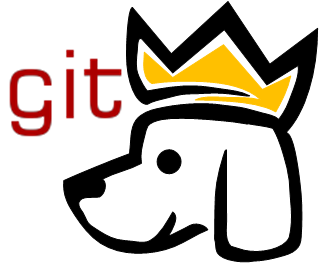blob: a142c92f00d4abe87e6e016cbc45f044dff09464 (
plain)
1
2
3
4
5
6
7
8
9
10
11
12
13
14
15
16
17
18
19
20
21
22
23
24
25
26
27
28
29
30
31
32
33
34
35
36
37
38
39
40
41
42
43
44
45
46
47
48
49
50
51
52
53
54
55
56
|
import pandas as pd
import random
import json
# 读取CSV文件
df = pd.read_csv('./recitalMachine/recitalMachine_dataset.csv') # 使用制表符分隔
df['length_of_answer'] = df['answer'].apply(lambda x: len(str(x).split(',')))
# 按difficulty分组并创建子DataFrame列表
sub_dataframes = [group for _, group in df.groupby('difficulty')]
# 打印每个difficulty的子DataFrame(可选)
for i, sub_df in enumerate(sub_dataframes):
print(f"Difficulty {sub_df['difficulty'].iloc[0]} 的子DataFrame:")
print(sub_df)
print("-" * 50)
# 创建以difficulty为键的字典
sub_dataframes_dict = {diff: group for diff, group in df.groupby('difficulty')}
# 访问特定难度的子DataFrame(例如难度4)
difficulty_4_df = sub_dataframes_dict[4]
print(difficulty_4_df)
# 创建生成器函数
def difficulty4_generator(df):
indices = list(df.index)
random.shuffle(indices)
while True:
if not indices:
# 如果所有记录都已使用,重新洗牌
indices = list(df.index)
random.shuffle(indices)
yield df.loc[indices.pop()]
# 创建生成器
difficulty4_gen = difficulty4_generator(difficulty_4_df)
# 使用示例
print("从难度4中随机抽取记录:")
for i in range(min(10, len(difficulty_4_df) * 2)): # 演示循环抽取
row = next(difficulty4_gen)
print(f"{i+1}. {row['question']} -> {row['answer']}")
json_data = {}
for difficulty, group in df.groupby('difficulty'):
# 转换为字典列表,确保所有数据都可序列化
json_data[str(difficulty)] = group.to_dict('records')
# 保存为JSON
with open('recitalMachine_dataset.json', 'w', encoding='utf-8') as f:
json.dump(json_data, f, ensure_ascii=False, indent=2)
print("文件已保存!")
|
